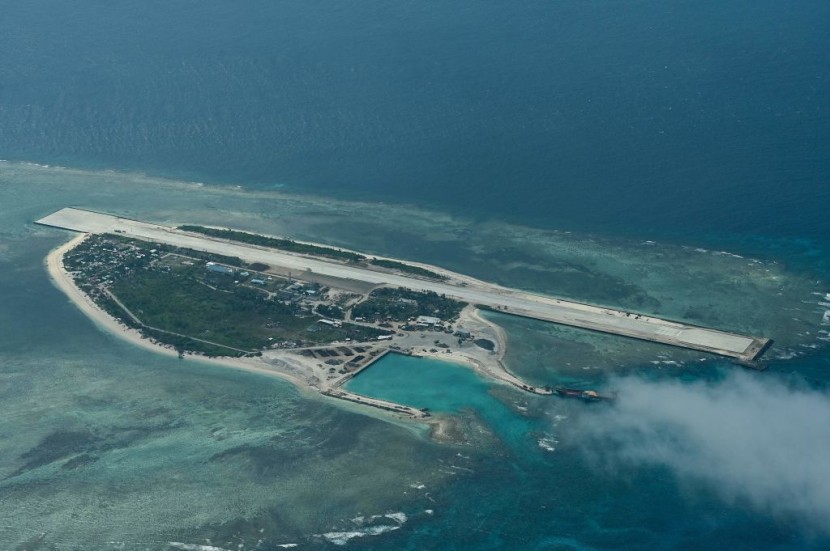
The Armed Forces of the Philippines has demanded China stop its "dangerous and offensive" actions in the South China Sea after a Chinese navy vessel shadowed and attempted to cut off a Philippine navy vessel conducting a resupply mission late last week.
What Happened?
According to the Philippine Daily Inquirer, the Philippine naval landing ship BRP Benguet - formerly the US Navy LST-542-class tank landing ship USS Daviess County prior to her transfer in 1976 - was stationed at about 5.8 nautical miles (10.7 km) southwest of Thitu Island, which Filipinos call Pagasa Island, en route to Commodore Reef for a regular rotation and resupply mission last Friday (October 13).
The Benguet was shadowed by People's Liberation Army Navy (PLAN) ship Panzhihua (hull number 621), a Type 056 corvette, at a distance of 80 yards (73.2 m) and attempted to cross her bow with the closest point of approach at 350 yards (320 m).
The Filipino vessel issued radio challenges against the Chinese warship, citing the violation of the Collision Regulations, and demanded it to steer clear from her path.
Comments from Manila, Beijing
As a response to the incident, Philippine military chief Gen. Romeo Brawner said in a statement on Sunday (October 15) that the Chinese ship's actions were "dangerous and offensive maneuvers."
"These dangerous and offensive maneuvers by China's PLAN not only risk collision but also directly endanger the lives of maritime personnel from both sides," he said.
However, officials in Beijing said on Monday (October 16) that China claimed sovereignty and defended its presence near Thitu, which they called Zhongye Island.
"The Philippine side's illegal occupation of Zhongye Island has seriously violated China's sovereignty," Chinese foreign ministry spokesperson Mao Ning told reporters, referring to its updated claim of most of the South China Sea called the Ten-Dash Line. "It is reasonable and lawful for Chinese warships to patrol the waters near Zhongye Island."
Ties between Manila and Beijing have deteriorated since Philippine President Ferdinand Marcos Jr. pursued ties with Washington, which was an about-face from the stance of his predecessor, Rodrigo Duterte.
Nevertheless, Marcos maintained that pursuing economic relations with China was important, saying that his government would send a delegation to China's third Belt and Road Forum this week, Reuters reported.








